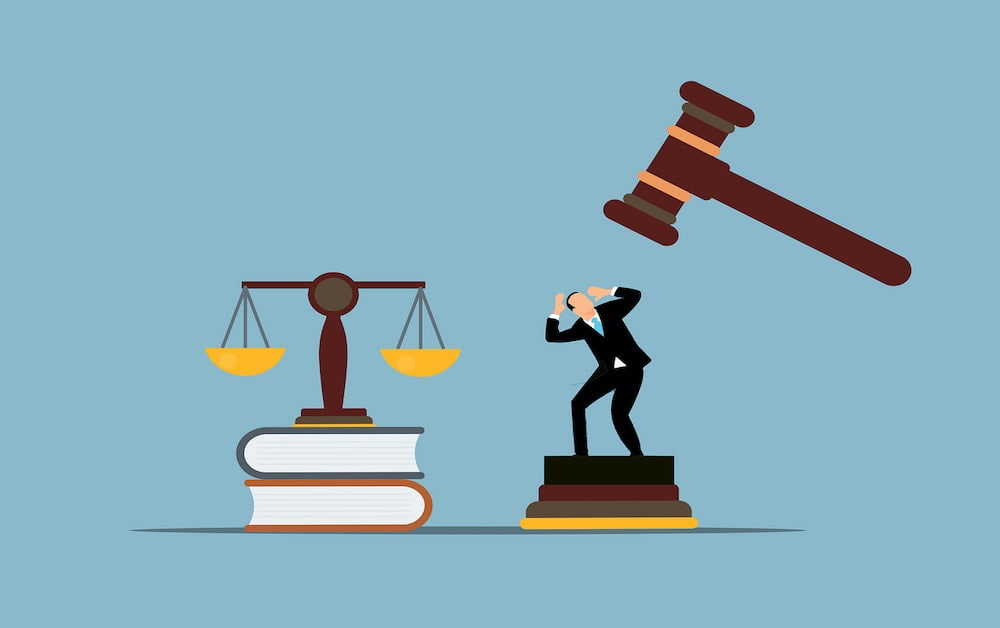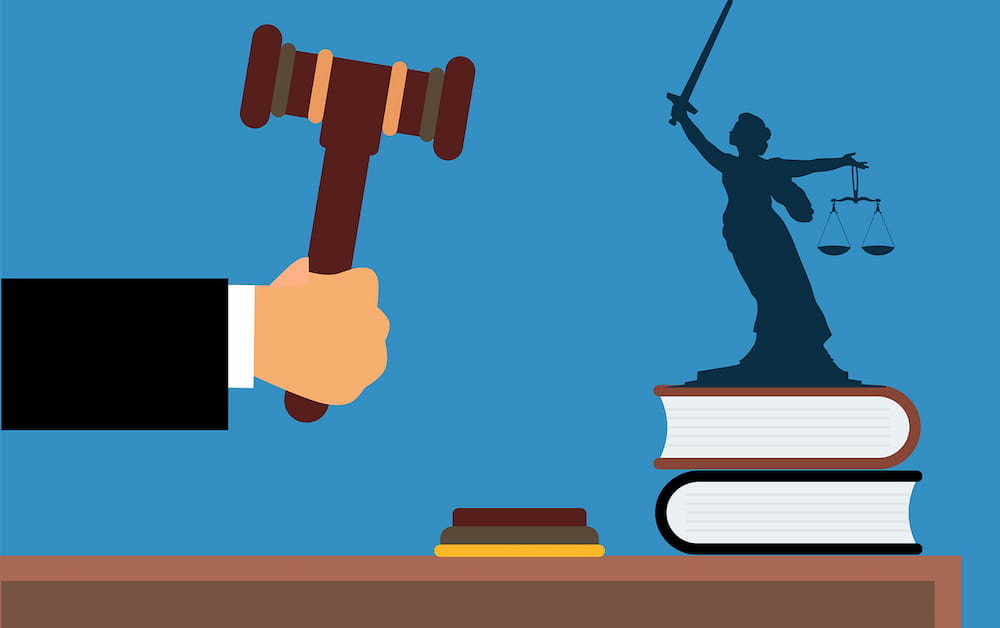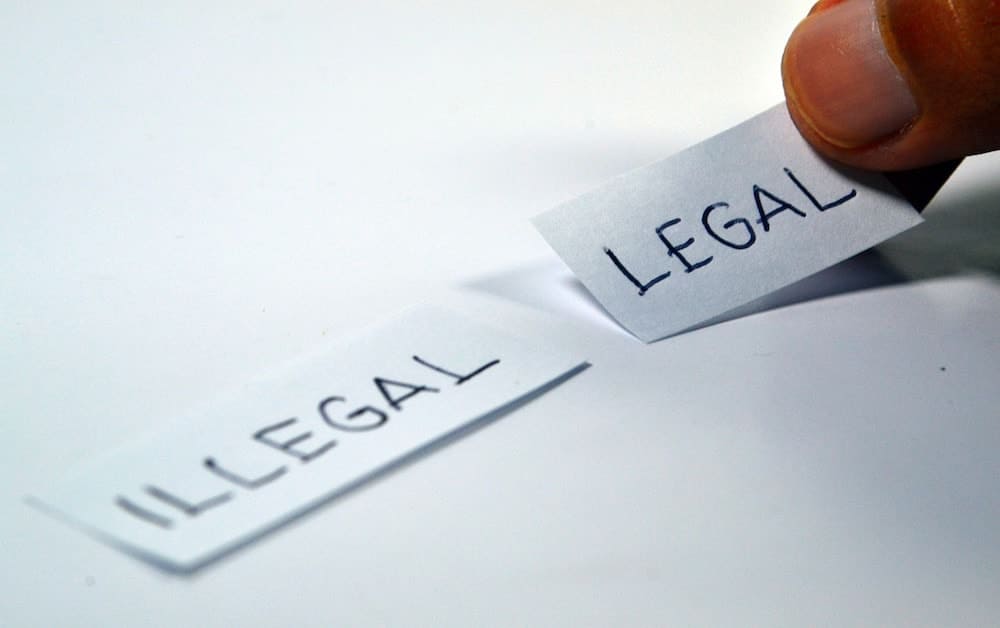Introduction
Data privacy laws in the United States are a complex web of federal and state regulations designed to protect individuals’ personal data. These laws govern the collection, processing, storage, and sharing of sensitive data by various entities, including businesses, financial institutions, healthcare providers, and federal government agencies. As data becomes increasingly central to economic and social activities, understanding these laws is crucial for both consumers and organizations. This article provides a detailed overview of the rights and requirements associated with US data privacy laws, focusing on key federal and state regulations.
The Evolution of Data Privacy Laws in the US.
Data privacy laws in the United States have evolved significantly over the past few decades in response to growing concerns about the protection of personal data. Early privacy protections focused on specific sectors, such as financial institutions and healthcare providers, leading to the development of horizontal privacy laws that target specific types of data. Over time, as the digital economy expanded and data breaches became more common, the need for comprehensive data privacy legislation became apparent.
The federal government has enacted several laws to address privacy concerns, including the Privacy Act of 1974, which regulates the collection and use of personal information by federal agencies. However, the US lacks a single comprehensive federal privacy law akin to the European Union’s General Data Protection Regulation (GDPR). Instead, the US approach is characterized by a patchwork of federal laws and state data privacy laws, each addressing different aspects of data protection.

Understanding Personal Data and Sensitive Data
Personal data refers to any information that can be used to identify an individual, either directly or indirectly. This includes data such as names, addresses, Social Security numbers, and email addresses, which are often referred to as personally identifiable information (PII). Sensitive data, on the other hand, encompasses more specific categories of personal information that require higher levels of protection due to their nature. Examples of sensitive personal information include health data, financial information, biometric data, and data concerning a person’s race, religion, or sexual orientation.
US data privacy laws generally impose stricter requirements on the processing of sensitive personal data. For example, the Health Insurance Portability and Accountability Act (HIPAA) establishes standards for the protection of protected health information (PHI), requiring healthcare providers and associated entities to implement stringent security measures. Similarly, the Fair Credit Reporting Act (FCRA) regulates how consumer reporting agencies handle sensitive financial data to ensure fairness and accuracy in credit reporting.
Federal Data Privacy Laws and Their Scope
Federal data privacy laws in the US are designed to protect consumer data across various sectors. Some of the most significant federal laws include the Privacy Act of 1974, the Fair Credit Reporting Act, and the Children’s Online Privacy Protection Act (COPPA). Each of these laws targets specific types of data and regulates the entities that collect, process, and store this information.
The Privacy Act of 1974, for instance, applies to federal government agencies and limits how they can collect and use personal data. The FCRA focuses on consumer reporting agencies and aims to ensure that consumer credit information is used fairly and accurately. COPPA, on the other hand, protects the privacy of children’s personal data collected online, requiring parental consent before collecting information from children under the age of 13.

The Role of the Federal Trade Commission in Data Privacy
The Federal Trade Commission (FTC) plays a critical role in enforcing data privacy laws in the US. Under the Federal Trade Commission Act, the FTC is empowered to take action against unfair or deceptive acts or practices in the marketplace, which includes data privacy violations. The FTC has been instrumental in bringing enforcement actions against companies that fail to protect consumer data or that engage in misleading practices related to data privacy.
In addition to enforcement actions, the FTC provides guidance on best practices for data protection, helping businesses comply with data privacy laws. The FTC’s work has been pivotal in shaping the US data privacy framework, particularly in the absence of a comprehensive federal privacy law. The Commission’s enforcement actions often serve as a deterrent to companies considering lax data protection practices.
The Health Insurance Portability and Accountability Act (HIPAA)
HIPAA is one of the most well-known federal data privacy laws, primarily because of its impact on the healthcare industry. Enacted in 1996, HIPAA sets national standards for the protection of protected health information (PHI), which includes any information about an individual’s health status, healthcare provision, or payment for healthcare that can be linked to an individual.
HIPAA requires healthcare providers, health plans, and other entities that handle PHI to implement comprehensive security measures to protect this data from unauthorized access, use, or disclosure. The law also grants individuals certain rights regarding their health information, such as the right to access and request corrections to their health records. HIPAA’s stringent requirements have made it a cornerstone of data protection laws in the US, particularly in the context of sensitive personal data.

The Fair Credit Reporting Act (FCRA)
The Fair Credit Reporting Act (FCRA), enacted in 1970, is a key federal law that regulates the collection, dissemination, and use of consumer credit information. The FCRA aims to ensure the accuracy, fairness, and privacy of personal data contained in the files of consumer reporting agencies (CRAs). These agencies compile credit reports used by lenders, employers, landlords, and others to make decisions about an individual’s creditworthiness, employment, and housing.
Under the FCRA, consumers have the right to access their credit reports and dispute inaccurate information. The law also imposes obligations on CRAs and the entities that furnish data to them, requiring them to follow procedures that ensure the accuracy and integrity of the data. The FCRA is an essential component of the US data privacy framework, particularly in the context of financial information and consumer rights.
The California Consumer Privacy Act (CCPA) and Its Implications
The California Consumer Privacy Act (CCPA), enacted in 2018, represents a significant advancement in state-level data privacy laws. The CCPA grants California residents new rights concerning their personal information, including the right to know what data is being collected about them, the right to request deletion of their data, and the right to opt-out of the sale of their personal information. The CCPA applies to businesses that collect personal data from California residents, provided they meet certain thresholds related to revenue, data volume, or data sales.
The CCPA’s broad scope and strong consumer protections have made it a model for other states considering similar legislation. The law also imposes stringent requirements on businesses, including the obligation to provide transparent information about data collection practices and to implement robust data protection measures. The CCPA has set a new standard for consumer data privacy in the US and has sparked discussions about the need for comprehensive federal privacy legislation.
The California Privacy Rights Act (CPRA) and Its Expansion of CCPA
The California Privacy Rights Act (CPRA), passed in 2020, builds on the foundation laid by the CCPA, expanding and enhancing consumer privacy rights in California. The CPRA introduces new provisions, such as the creation of the California Privacy Protection Agency (CPPA) to enforce data privacy laws and the establishment of stricter requirements for handling sensitive personal information.
One of the significant changes under the CPRA is the introduction of the concept of “sensitive personal information,” which includes data such as Social Security numbers, financial account details, and precise geolocation. The CPRA also strengthens the rights of consumers by providing them with greater control over their data, including the right to correct inaccurate information and the right to limit the use of their sensitive personal data. The CPRA represents a comprehensive consumer privacy law that reflects the growing demand for stronger data protection in the digital age.
State Data Privacy Laws: A Growing Patchwork
In addition to California, several other states have enacted their own data privacy laws, creating a patchwork of regulations across the country. States like Colorado, Connecticut, Virginia, Utah, and Nebraska have passed comprehensive data privacy laws that provide residents with rights similar to those under the CCPA. For instance, the Colorado Privacy Act (CPA) grants consumers the right to access, correct, delete, and opt-out of the processing of their personal data.
These state laws often differ in scope and requirements, creating challenges for businesses operating across multiple states. Companies must navigate varying definitions of personal data, different consent requirements, and diverse enforcement mechanisms. The growing number of state data privacy laws highlights the need for a comprehensive federal privacy law that could harmonize data protection standards across the US.

The Role of Data Breach Notification Laws
Data breaches have become increasingly common, leading to significant financial and reputational damage for businesses and loss of trust among consumers. In response, all 50 states, along with Washington D.C., Puerto Rico, and other US territories, have enacted data breach notification laws. These laws require organizations to notify affected individuals when their personal data has been compromised due to a breach.
Data breach notification laws vary by state in terms of the types of data covered, the timeframe for notification, and the penalties for non-compliance. Some states, such as California, have particularly stringent requirements, including the obligation to notify the state attorney general in cases involving large breaches. These laws are crucial in ensuring transparency and accountability in the event of a data breach and are an essential component of the broader data protection landscape.
The Impact of the General Data Protection Regulation (GDPR) on US Businesses
The General Data Protection Regulation (GDPR) is a comprehensive data protection law that governs the processing of personal data in the European Union. Although the GDPR is an EU regulation, it has had a significant impact on US businesses that process the personal data of EU residents. Companies that fail to comply with the GDPR’s strict requirements face substantial fines, making it imperative for US businesses to align their data protection practices with GDPR standards.
The GDPR has influenced the development of US data privacy laws, particularly in areas such as data subject rights, data protection impact assessments, and the appointment of data protection officers. The regulation has also heightened awareness of data privacy issues among US consumers, contributing to the growing demand for stronger privacy protections in the US While the US does not have an equivalent law to the GDPR, the influence of the GDPR is evident in the evolution of state data privacy laws like the CCPA and CPRA.

The Video Privacy Protection Act (VPPA) and Media Privacy
The Video Privacy Protection Act (VPPA), enacted in 1988, is a federal law that protects the privacy of individuals’ video rental and viewing records. The VPPA was passed in response to the unauthorized disclosure of Supreme Court nominee Robert Bork’s video rental history, highlighting the need for privacy protections in the media industry. The VPPA prohibits video service providers from disclosing personally identifiable information (PII) about their customers without their consent.
The VPPA has been extended to cover streaming services and other digital media platforms, reflecting the changes in how media content is consumed. Under the VPPA, consumers have the right to sue companies that violate their privacy rights, making it an important tool for protecting media-related personal data. The law’s emphasis on consent and the protection of PII continues to be relevant in the digital age, where media consumption increasingly involves the collection and processing of personal data.
The Telephone Consumer Protection Act (TCPA) and Telemarketing Privacy
The Telephone Consumer Protection Act (TCPA), enacted in 1991, is a federal law that regulates telemarketing practices to protect consumers from unwanted and intrusive communications. The TCPA restricts the use of automated dialing systems, prerecorded voice messages, and unsolicited text messages and faxes. It also requires telemarketers to maintain a “Do Not Call” list and honor consumers’ requests not to receive further communications.
The TCPA provides consumers with the right to file lawsuits and seek damages for violations, making it a powerful tool for enforcing telemarketing privacy. The law has been used extensively in class-action lawsuits against companies that engage in aggressive or deceptive telemarketing practices. The TCPA’s protections are particularly important in an era where digital communication channels have expanded, and consumers face an increasing volume of unsolicited messages.

The Cable Communications Policy Act (CCPA) and Cable Subscriber Privacy
The Cable Communications Policy Act (CCPA) of 1984 is a federal law that governs the collection and use of personal data by cable service providers. The CCPA requires cable operators to provide subscribers with notice of their data collection practices and obtain consent before disclosing personally identifiable information (PII) to third parties. The law also grants subscribers the right to access their personal data and request corrections if necessary.
The CCPA’s privacy provisions are designed to protect cable subscribers from unauthorized surveillance and data sharing, ensuring that their viewing habits and personal information are kept private. As the cable industry evolves and new digital services emerge, the CCPA’s privacy protections continue to play a crucial role in safeguarding consumer data in the media and entertainment sector.
The Family Educational Rights and Privacy Act (FERPA) and Student Data Privacy
The Family Educational Rights and Privacy Act (FERPA) is a federal law that protects the privacy of student education records. Enacted in 1974, FERPA grants parents the right to access their children’s education records, request corrections, and control the disclosure of personally identifiable information (PII) contained in these records. When a student turns 18 or enrolls in a postsecondary institution, these rights transfer to the student.
FERPA’s privacy protections are critical in the context of educational institutions, where large amounts of sensitive personal data are collected and stored. The law ensures that students and their families have control over who can access and use their education records. FERPA also establishes guidelines for the protection of student data in online educational services, which has become increasingly important with the rise of digital learning platforms.

The Role of Federal and State Agencies in Data Privacy Enforcement
The enforcement of data privacy laws in the US involves a range of federal and state agencies, each with specific responsibilities. The Federal Trade Commission (FTC) is the primary federal agency responsible for enforcing data privacy laws and has broad authority to take action against unfair or deceptive practices. Other federal agencies, such as the Department of Health and Human Services (HHS) and the Consumer Financial Protection Bureau (CFPB), also play key roles in enforcing sector-specific privacy laws like HIPAA and the FCRA.
At the state level, attorneys general have the authority to enforce state data privacy laws and bring actions against companies that violate consumer privacy rights. State agencies also play a crucial role in overseeing data breach notifications and ensuring compliance with state-specific data protection regulations. The collaboration between federal and state agencies is essential for the effective enforcement of data privacy laws across the US, particularly in a landscape characterized by diverse and evolving privacy requirements.
The Future of Data Privacy Laws in the US.
The future of data privacy laws in the US is likely to be shaped by ongoing debates about the need for a comprehensive federal privacy law. While state data privacy laws like the CCPA and CPRA have set new standards for consumer data protection, the lack of a unified federal approach creates challenges for businesses and consumers alike. A comprehensive federal privacy law could harmonize data protection standards across the US, providing consistent rights and protections for all consumers.
Additionally, the rapid advancement of technology and the increasing collection of biometric data, AI-generated data, and other forms of sensitive personal information will likely prompt new legislative initiatives. As consumer awareness of data privacy issues grows, there will be greater pressure on lawmakers to address emerging privacy concerns and ensure that data protection laws keep pace with technological developments. The evolving landscape of data privacy laws in the US will continue to have a profound impact on how personal data is collected, processed, and protected in the digital age.

Conclusion
Understanding the complex landscape of data privacy laws in the US is essential for both consumers and organizations. From federal laws like HIPAA and the FCRA to state-level regulations such as the CCPA and CPRA, these laws provide critical protections for personal data and sensitive information. As the digital economy continues to grow and data privacy concerns become increasingly prominent, the demand for comprehensive and effective data protection laws will only intensify. By staying informed about the rights and requirements associated with US data privacy laws, individuals and businesses can better navigate the challenges and opportunities of the data-driven world.




